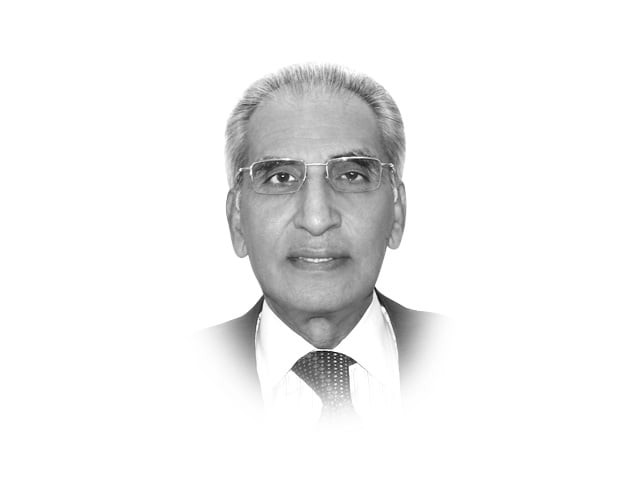Sustaining current momentum
While Pakistan government, opposition support better relations with India, India fails to show the requisite resolve.

The media has also reported that India has stopped work on the controversial Kishanganga Dam being built on the Neelum Jhelum River, in compliance with the International Court of Arbitration’s stay order. If indicative of a more conciliatory attitude, it would be warmly received here, especially as the water issue has become a major concern in Pakistan.
These are all positive steps that have encouraged more frequent exchanges between various groups, generally referred to as ‘peace lobbies’, thus reducing the hostility so very palpable only a few years ago. This change has also been well received by the major powers who have long expressed their unhappiness and frustration at the inability of the two South Asian neighbours to resolve their differences and usher in durable and sustainable peace. These developments have also been warmly welcomed by people in both countries, many of whom have never been enthusiastic about the policy of hostility pursued by their governments. In fact, if the political leaderships had been permitted by their respective ‘establishments’ the kind of freedom they should have had, the two countries may have arrived at a more cordial and constructive relationship decades ago, even if some of the ‘core issues’ had remained unresolved. But it is never too late to do the right thing.
It was now expected that these initiatives would promote mutual trust and confidence, enabling the political leaderships to take on the more contentious issues that have bedevilled relations for far too long. However, an element of uncertainty continues to hang over the bilateral ties and this relates to India’s hesitancy to move beyond small steps. The purpose is not to question Indian Prime Minister Manmohan Singh’s sincerity but to point out that while care and caution are advisable — given the tortured history of relations — a degree of imagination and resolve are essential as well.
Of course, one also has to recognise that apart from India’s lingering misgivings about Pakistan’s ‘intentions’, Prime Minister Manmohan Singh is handicapped by the peculiar arrangement wherein party president Mrs Sonia Gandhi retains the final say on all critical matters. His government’s image, too, has been tarnished because of the corruption scandals swirling around people in government and party. Moreover, the expectation that Rahul Gandhi will be able to resurrect the party’s popularity has not been met either. These have greatly emboldened the Bharatia Janata Party, encouraging it to oppose initiatives to improve relations with Pakistan — ironic, given that Prime Minister Atal Bihari Vajpayee prided himself on having co-authored both the Lahore and Islamabad Declarations. On the other hand, there is a rare consensus among stakeholders in Pakistan regarding relations with India. The government enjoys the main opposition party’s support in this effort. It is in this context that one has to express a degree of disappointment at the Indian government’s failure to demonstrate the requisite degree of resolve and determination in pushing for a more meaningful approach to the normalisation process. The stakes are huge and both sides have to remain equally committed to sustaining current momentum.
Published in The Express Tribune, October 24th, 2012.













COMMENTS
Comments are moderated and generally will be posted if they are on-topic and not abusive.
For more information, please see our Comments FAQ